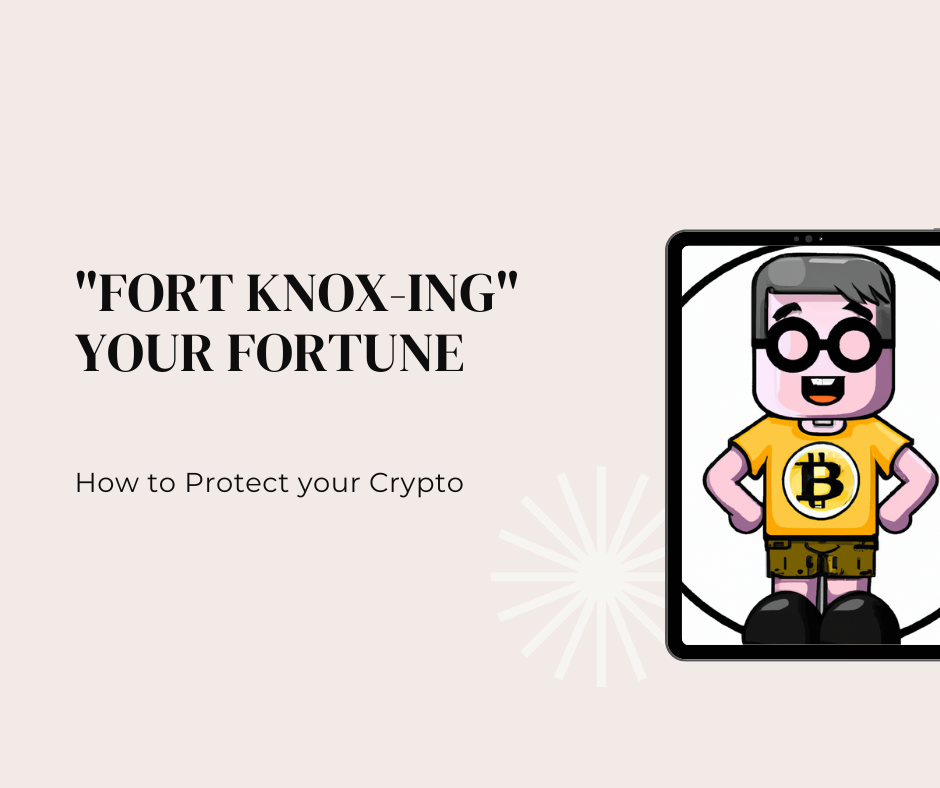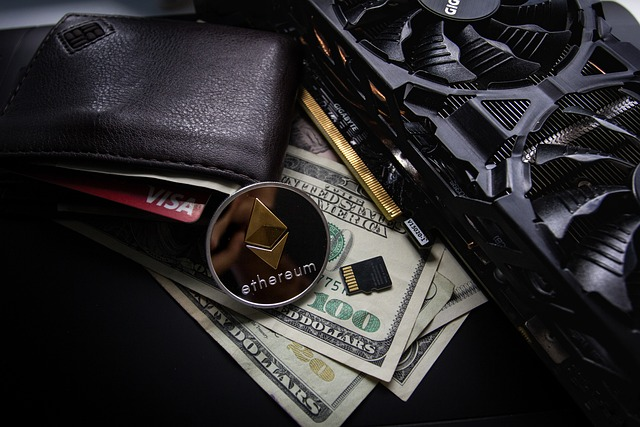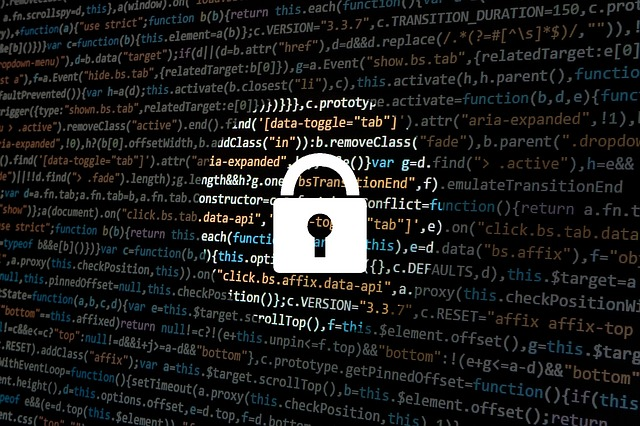“Fort Knox-ing” Your Fortune: How to Protect your Crypto
Last Updated on January 17, 2023 by The Crypto Dweeb

Being a cryptocurrency holder is like being an old-school outlaw—you’ve got the loot, you just have to figure out how to keep it safe. While Fort Knox and its legendary security measures may be beyond your reach, there are still plenty of ways for digital bandits (or rather investors) to protect their crypto fortune and make sure all their hard work doesn’t go up in smoke – literally! So grab your trusty bolo tie, strap on your virtual spurs and join us as we talk about how to securely store Bitcoin and other cryptocurrencies. After all when it comes down to it: Having a lot of crypto isn’t worth much if no one can keep it secure!
Steps You Need to Know to keep your Crypto Safe
Get a Crypto Wallet

Getting a crypto wallet is an essential part of investing in cryptocurrency. A crypto wallet is a digital storage platform where users can store their cryptocurrencies. It’s important to have one because it allows you to securely store and manage your digital assets with the latest security protocols.
There are a few different types of crypto wallets, including online wallets, desktop wallets, mobile wallets, hardware wallets, and paper wallets. Each type has its advantages and disadvantages that should be taken into consideration when selecting the best one for your needs.
Online wallets are considered one of the most popular types as they offer convenience and ease of use. These web-based services are hosted by third parties and offer users access to their coins from any device with an internet connection. The downside to online wallets is that they’re vulnerable to hacks due to their centralized nature, so it’s important to select a reputable provider.
Desktop wallets are software programs that can be downloaded onto your computer or laptop and used for storing cryptocurrencies. They’re generally seen as more secure than online wallets since private keys remain stored locally rather than on third-party servers. However, since these programs require downloading, installation, and regular updates, they typically require more technical knowledge than other options such as mobile or hardware wallets.
Mobile wallets allow users to store their digital assets directly on their smartphones through smartphone apps like Trust Wallet or Metamask. Mobile wallets enable faster transactions than desktop or online services but are slightly less secure due to potential risks associated with using devices with limited security protocols for handling large amounts of money.
Hardware wallets provide increased security compared to other wallet options as private keys remain stored offline in physical devices such as USB drives or specialized hardware like Ledger Nano S or Trezor One which means that even if hackers were successful in hacking an individual user’s computer, there would be no way for them access the funds in the wallet without physical access to the device itself. Despite this added layer of security, hardware wallet users should still ensure they practice additional safekeeping precautions such as enabling two-factor authentication where available.
Finally, paper wallets involve generating a set of random words on physical paper which can then be used together with an associated public/private key pair for sending and receiving funds from the account addresses associated with those key pairs respectively. They provide maximum levels of security but also pose some risks due to having no backup options – if you lose your paper wallet you won’t have any way of recovering those funds so please use caution when utilizing this option!
Create a Strong Password and back it up for a Hardware Wallet or Online Wallets

Creating a strong password is essential to protecting your crypto wallet. Not only should you create passwords that are difficult to guess, but you should also back them up in a safe place and regularly update them to ensure maximum levels of security.
For a hardware wallet, one of the best ways to secure your private key is by creating an additional password or passphrase when setting up the device. This password serves as an extra layer of security that would be required in addition to the PIN code protection already built into the device. It’s important to keep this passphrase safe and not share it with anyone else – if someone were able to obtain it, they would be able to access and move funds from your hardware wallet without you knowing.
For online wallets, users should opt for multi-factor authentication (MFA) if offered by their provider – this means that when logging into their account they will be requested for several pieces of information such as their username/email address, password, and other unique details such as responding to security questions, receiving a unique code via email or text message, or using biometric identification like fingerprint scanning or facial recognition software. This combination of verification steps helps mitigate potential risks associated with hackers being able to gain access to accounts by guessing passwords alone.
Additionally all wallets (whether hardware or online) should have a backup plan in place if something goes wrong – users can generate multiple copies of physical paper wallets with printed private keys stored securely offline in fireproof safes or encrypted digital backups stored on external hard drives or USB drives which can then easily be restored onto other compatible devices if needed. However, these digital backups must also remain secured – individual users should never share their private key/backup file with anyone else as doing so could potentially open up those funds to theft!
Choose two-factor authentication for Added Security for your Crypto Wallets

Choosing two-factor authentication (2FA) is an important step to securing your crypto wallet. 2FA adds an additional layer of security by requiring users to provide two pieces of information when accessing their wallet – typically a username/password and then a unique one-time code that is sent to the user’s device as an email, SMS, or app notification.
This added verification step helps protect users from potential hackers or fraudsters trying to gain access to their funds due to weak passwords alone. If someone were able to guess your account password, they wouldn’t be able to log in without also having access to the additional code provided by 2FA.
When choosing which type of 2FA is best for you, there are several factors to take into consideration including convenience and reliability. For example, SMS-based codes may not be recommended for those who don’t have easy access to cellular networks due to location or travel restrictions, while authenticator apps such as Google Authenticator can provide better assurance for more secure digital transactions since the codes provided by these apps are harder for criminals to intercept than those sent via SMS or email.
It’s also important that users ensure their digital devices are kept secure with strong passwords and up-to-date security protocols – especially if they’re using those same devices for accessing their crypto wallets. Keeping devices secure can help protect them against malware and other forms of cybercrime which could eventually lead up to theft of user funds if left unchecked.
Ultimately, 2FA is a great way for individual users and businesses alike to add an extra layer of protection when dealing with digital assets online – it provides peace of mind knowing that extra steps have been taken towards protecting users’ valuable accounts and funds!
Be careful with Storing on Crypto Exchanges – Make sure they are Reputable and Have High Levels of Security

The easiest option by far is just to leave your coins on a crypto exchange. When it comes to storing your cryptocurrencies on an exchange, it’s important to be careful and make sure that you are using a reputable platform with high levels of security. Cryptocurrency exchanges are not always regulated in the same way as traditional financial institutions, so it’s up to the user to do their own research and ensure they are dealing with a reliable provider. Remember FTX?
It’s best practice to avoid any platforms that don’t provide even basic information on their website regarding who is running the company, what currencies they accept, which countries they operate in etc. Additionally, users should also check whether or not the exchange has been tested for vulnerabilities and if any attempted hacks have been reported. This can all be done by conducting online research, reviewing industry reports, and/or reading customer reviews about the platform.
In addition to researching each platform thoroughly, users should also work out which specific measures have been implemented in place for their account security – for example, most exchanges offer additional protection through two-factor authentication (2FA) whereby logging into an account requires the user to provide not only a username/password but also an additional one-time code sent via email or SMS (or generated from an authenticator app like Google Authenticator). Individual accounts must remain highly secure since anyone who has access could potentially move funds without authorization. An intruder can even trade crypto on your behalf and take control of your exchange account if one is not careful.
Overall users should always remain vigilant when choosing and using cryptocurrency exchanges – not only should they conduct thorough research into each platform and read up on industry reports, but they should also ensure that their accounts have additional layers of protection such as 2FA to mitigate potential risks associated with online theft or fraud.
Protecting Your Crypto: The Essential Guide

And there you have it. Following the steps above will ensure that you are taking proper security measures to protect all of your crypto wealth. From using two-factor authentication to only trusting reputable exchanges it is important to understand all of these elements so that you can sleep soundly at night knowing everything is secure. So get in there and start storing like a pro, because good digital security practices require dedication and knowledge. Now that you know what to do and have an arsenal of tools to protect yourself from unauthorized access, nothing can keep you from making those profits from your crypto investments! Remember: Your crypto fortune needs a ‘Fort Knox’ before it can grow for real. What do you use to store your crypto? Comment down below and let’s compare our ways of keeping our crypto safe!
